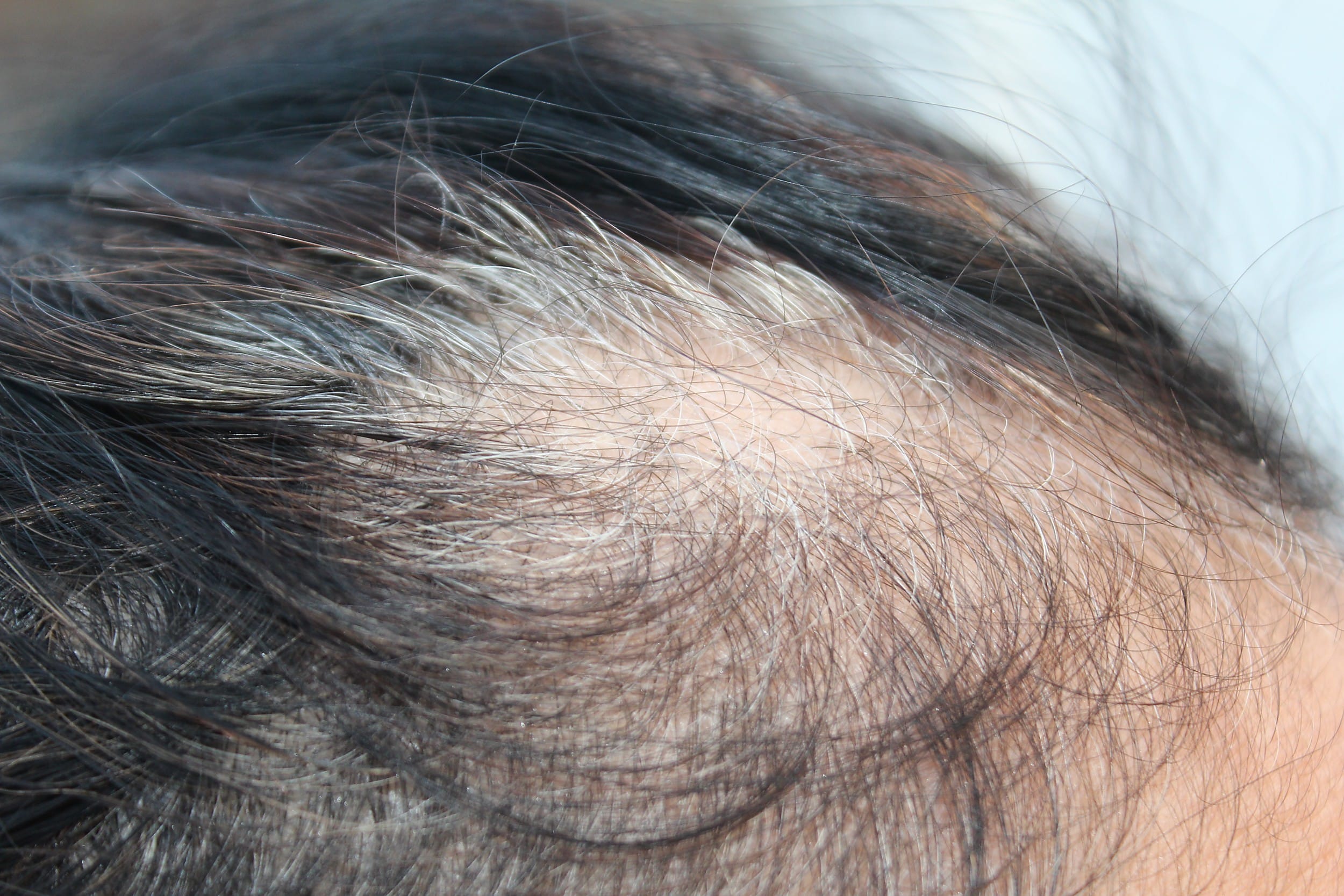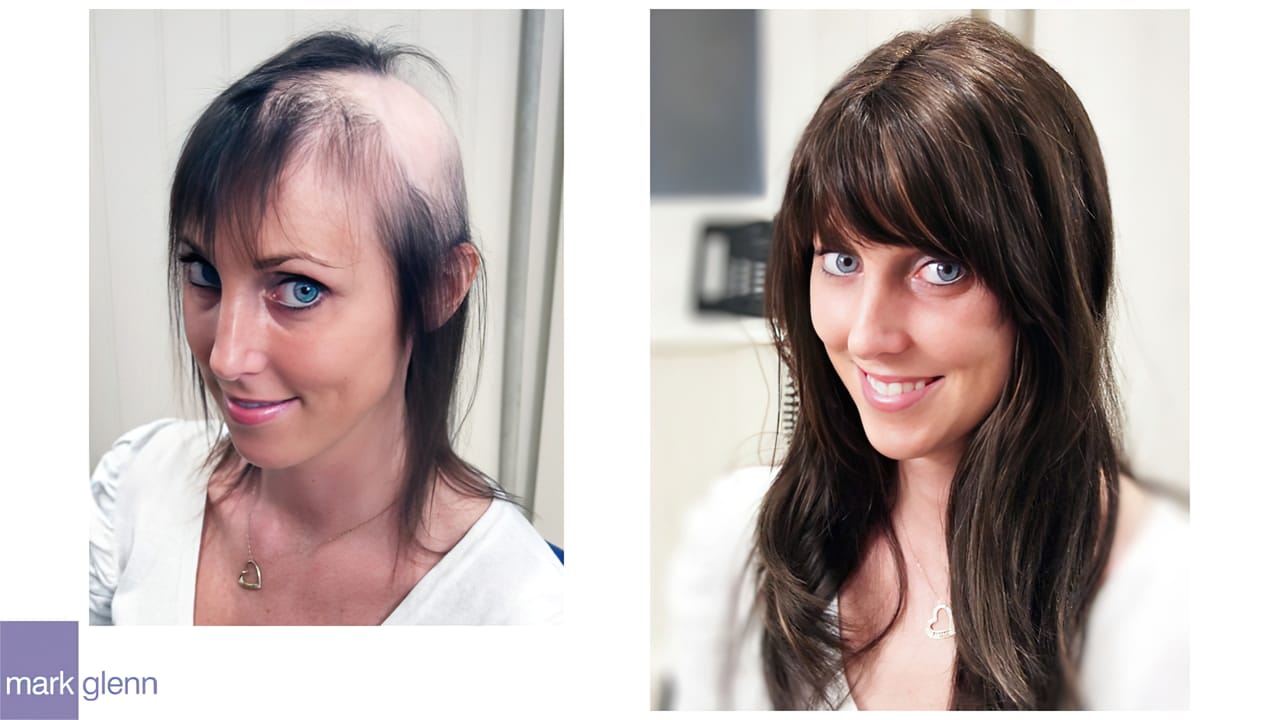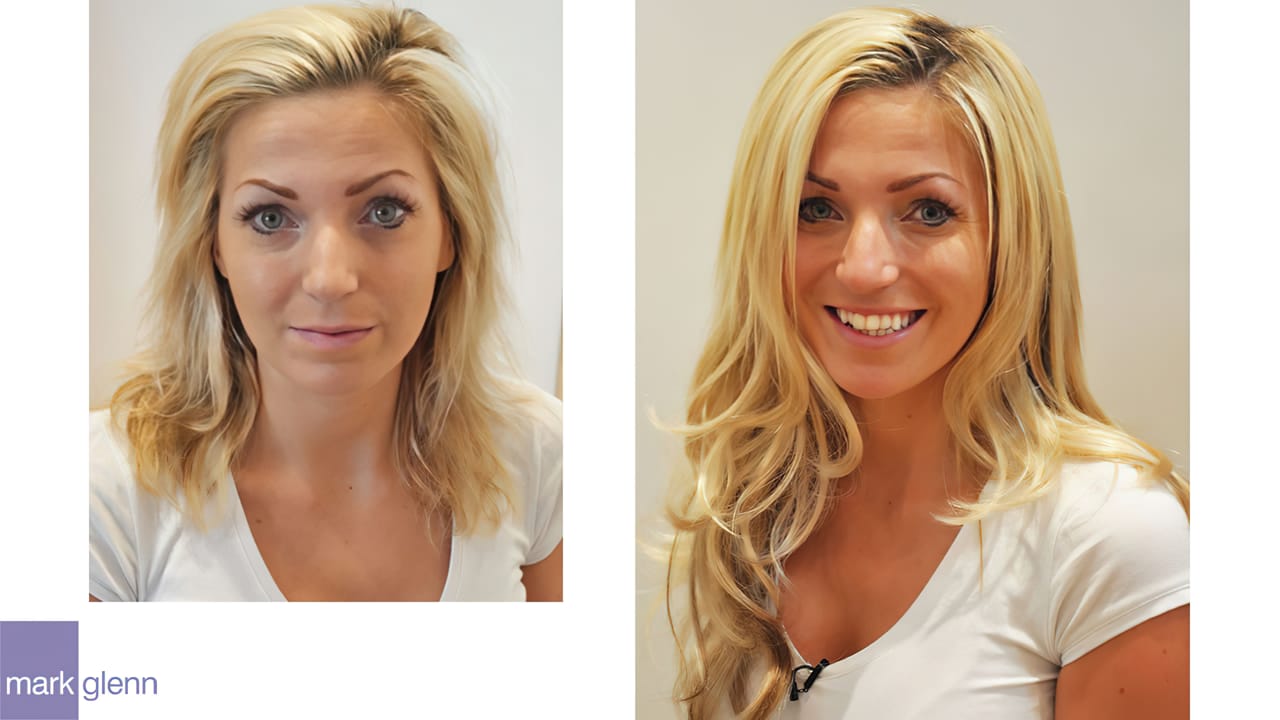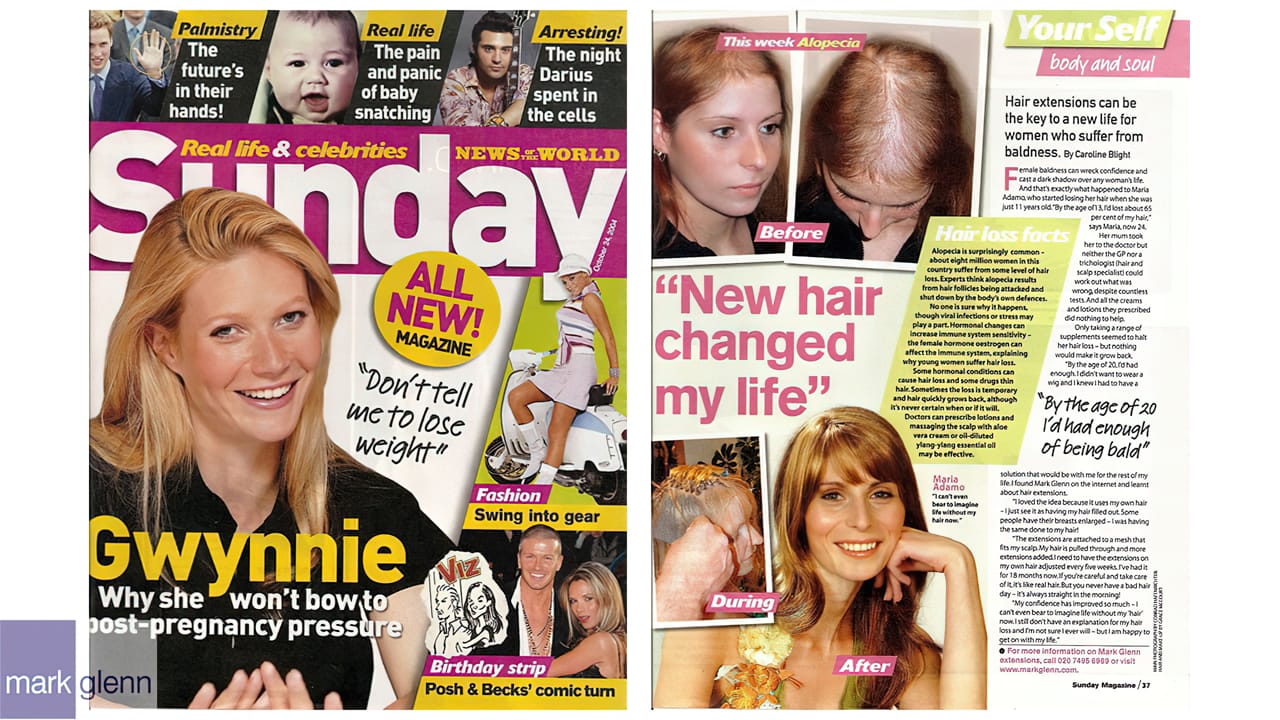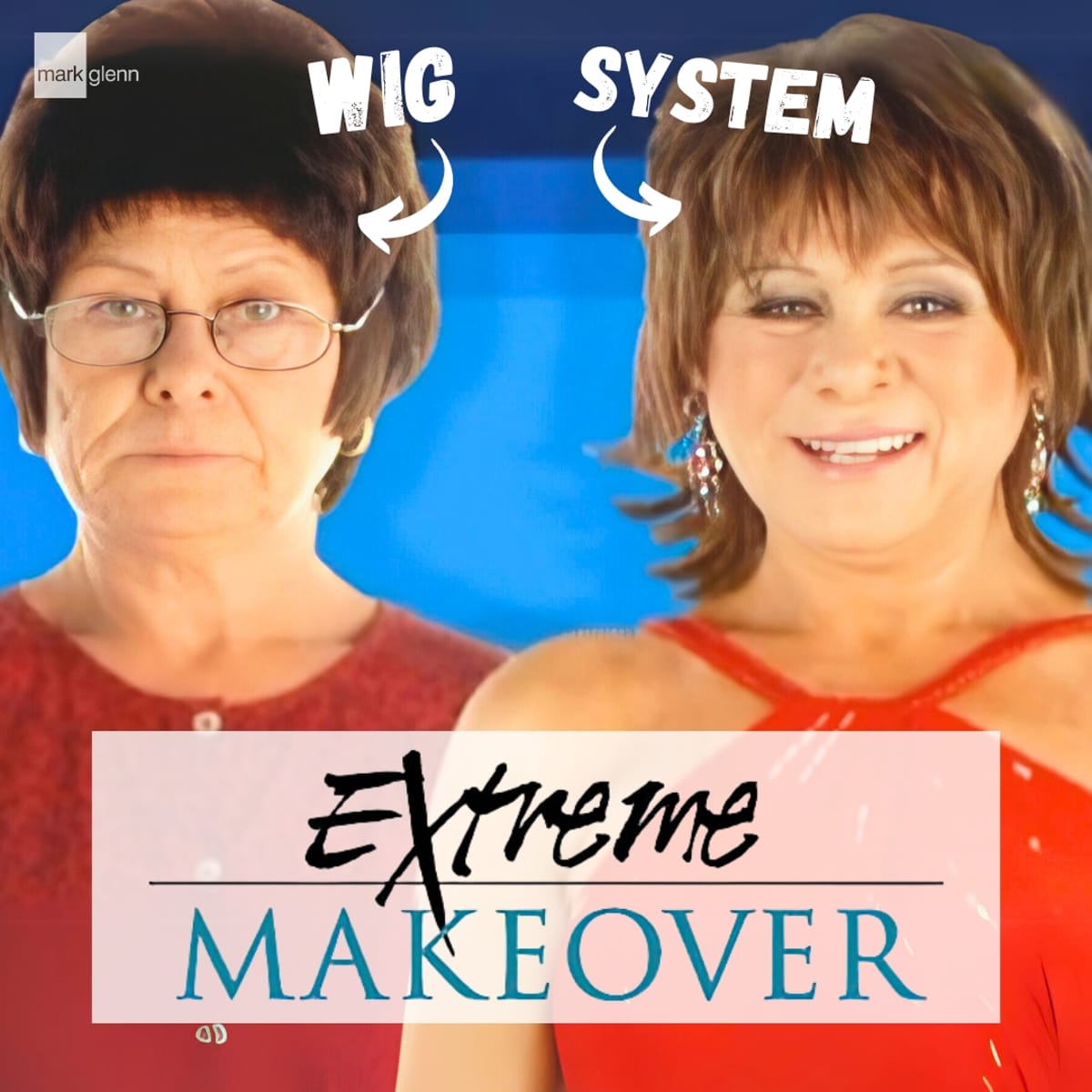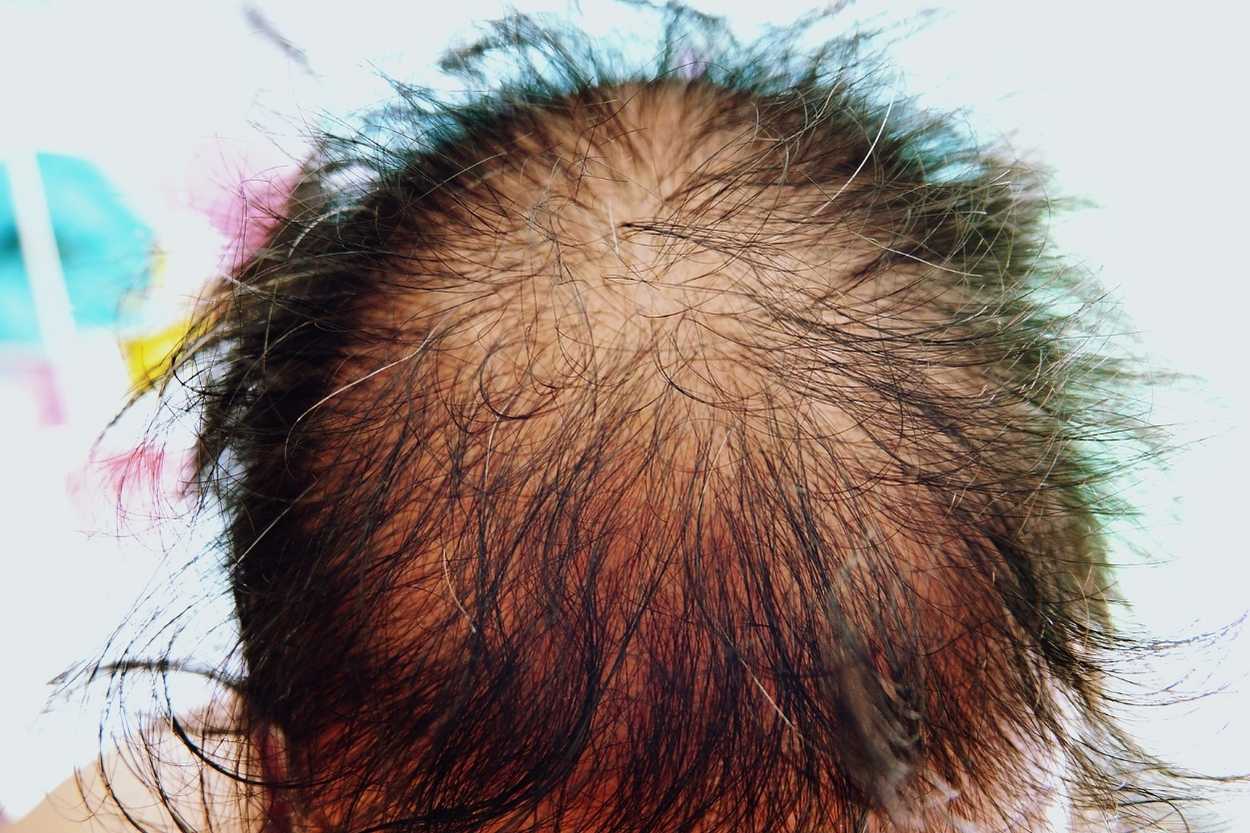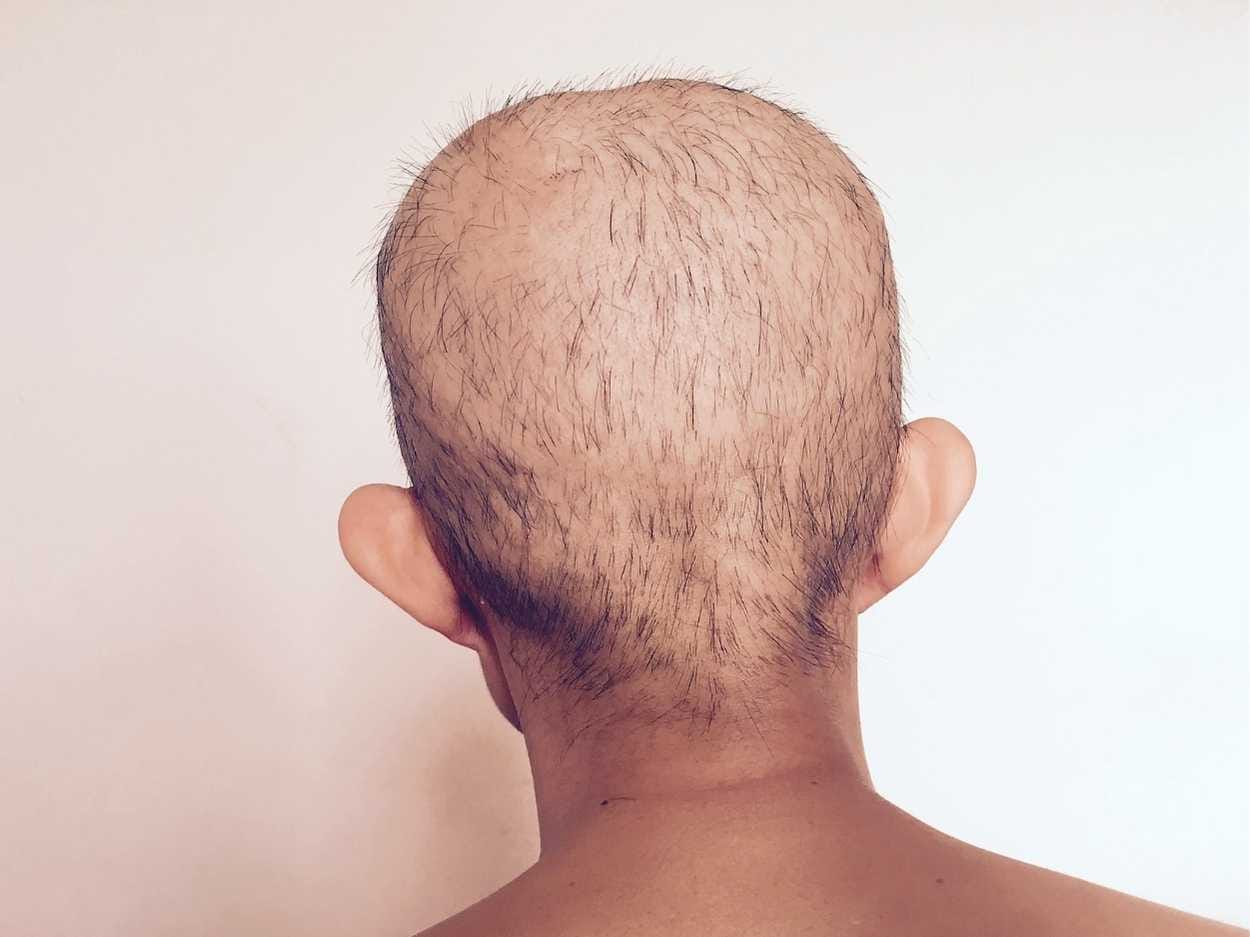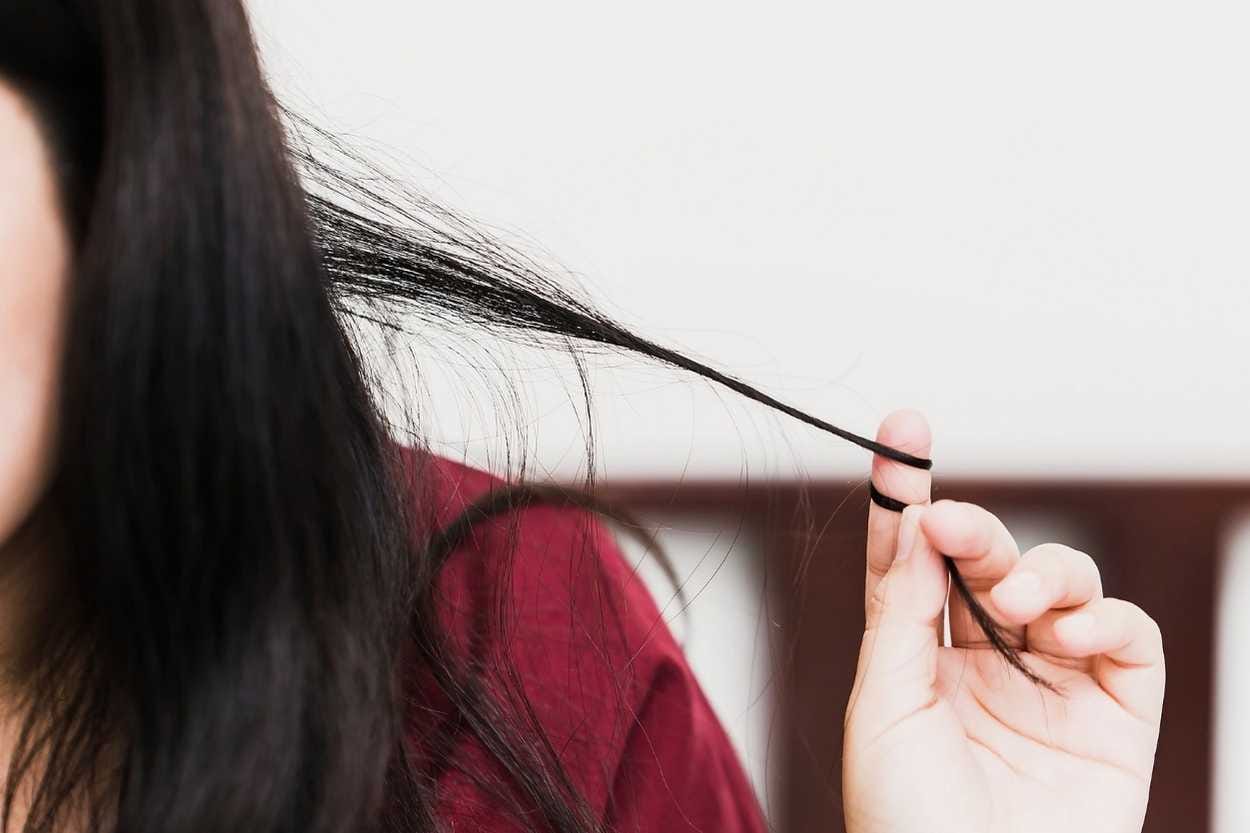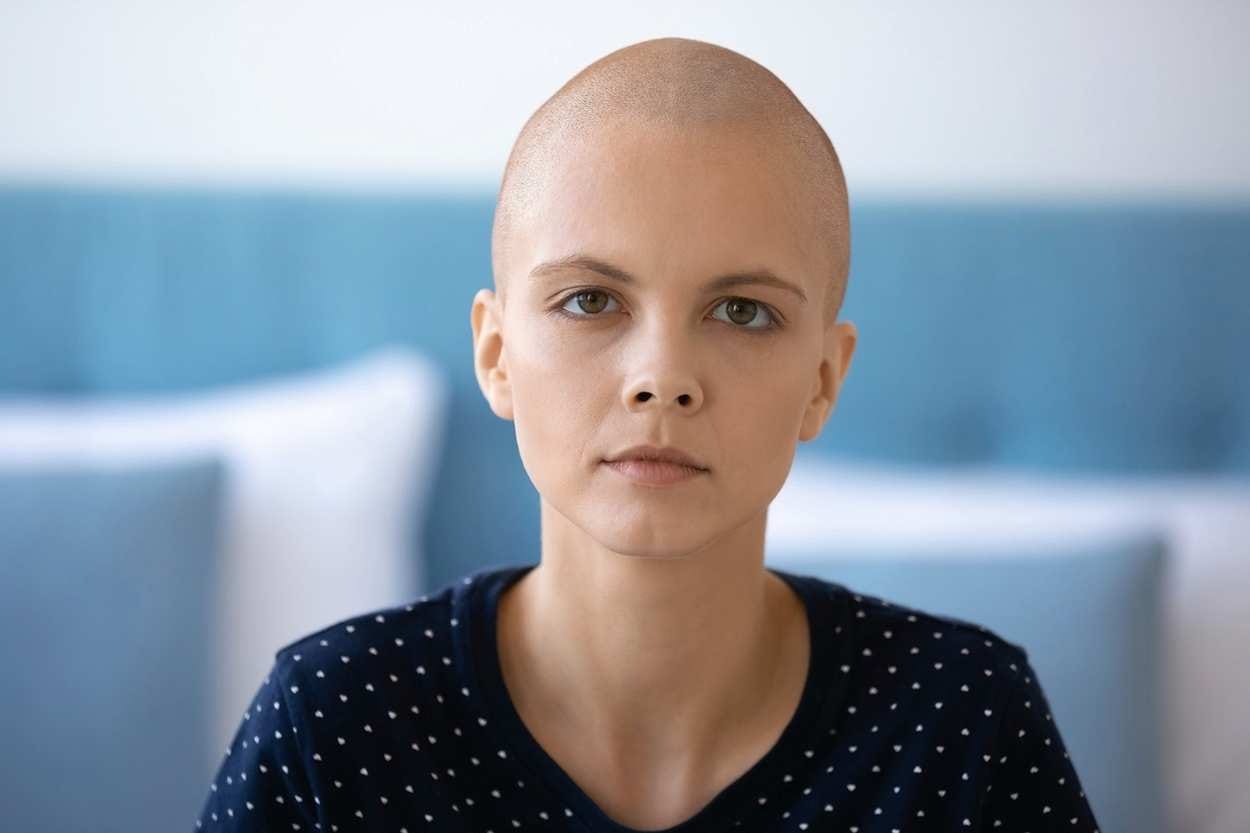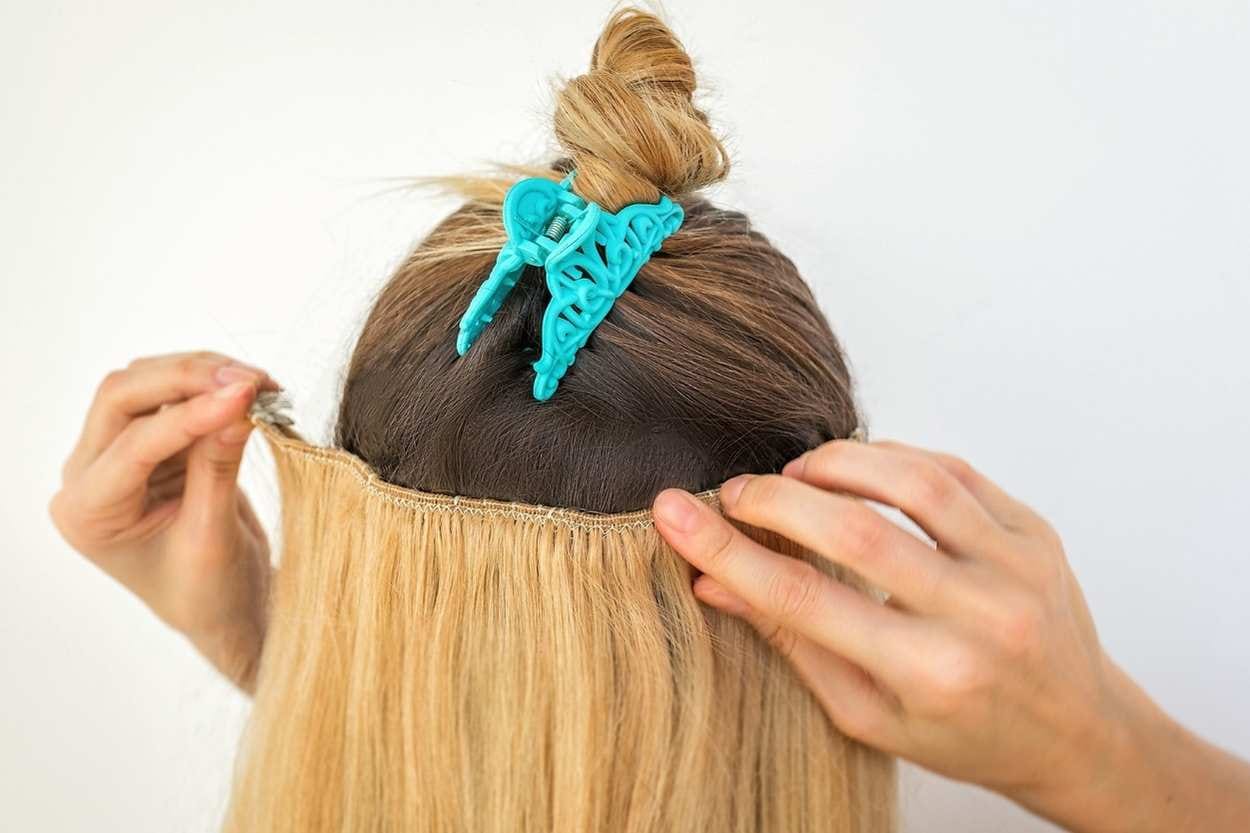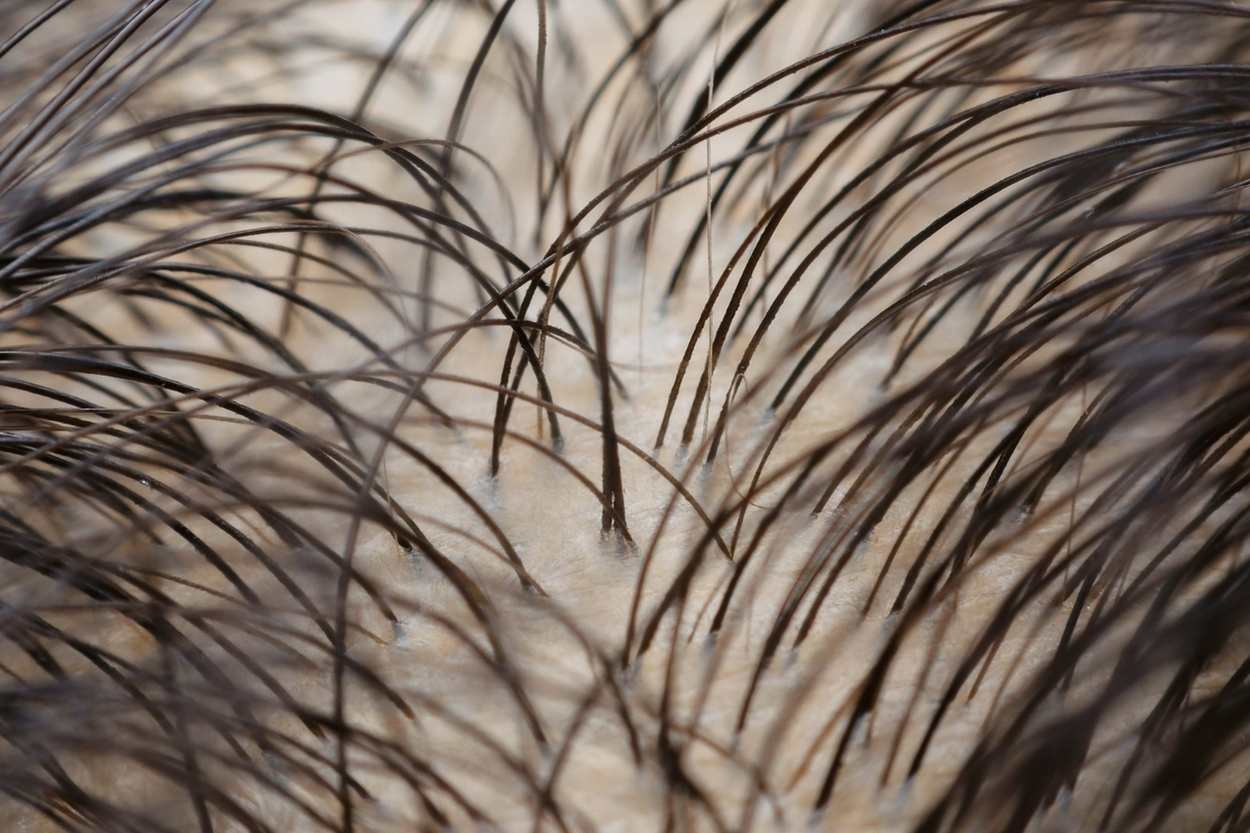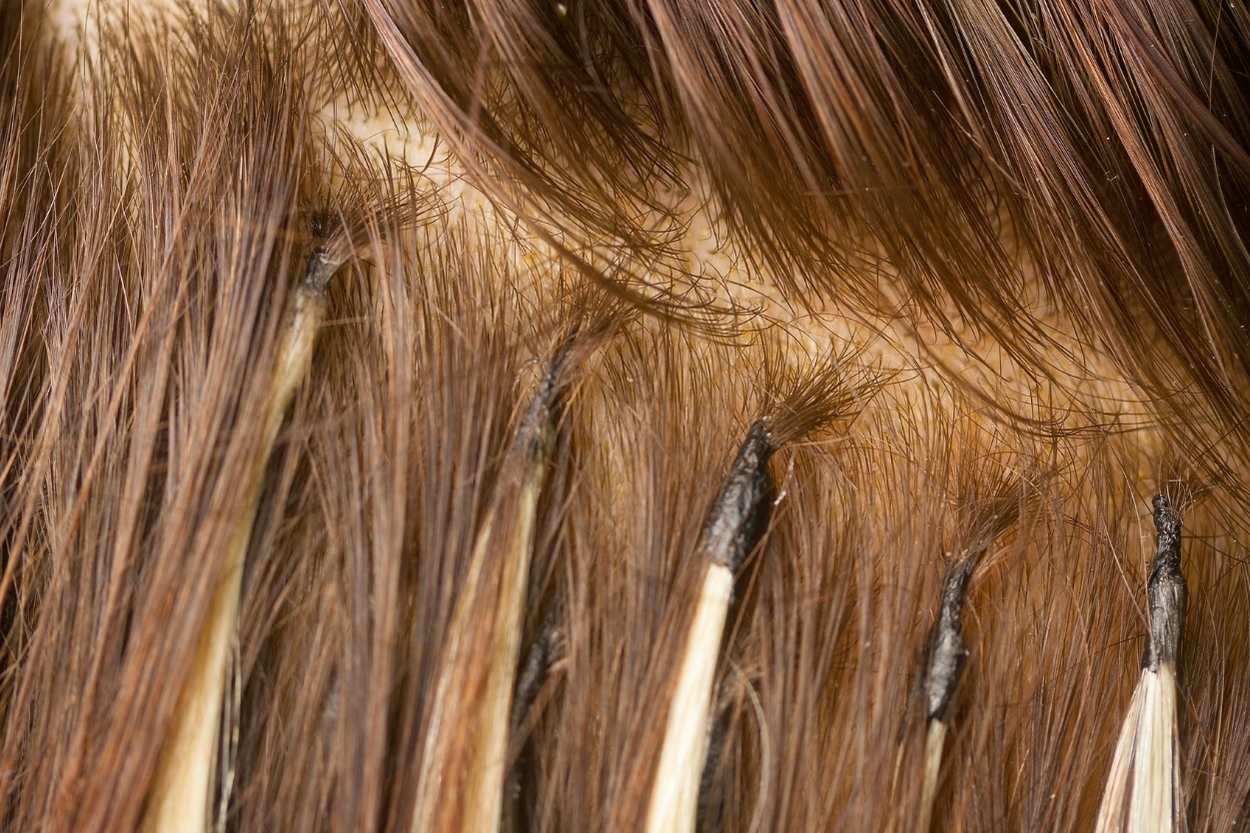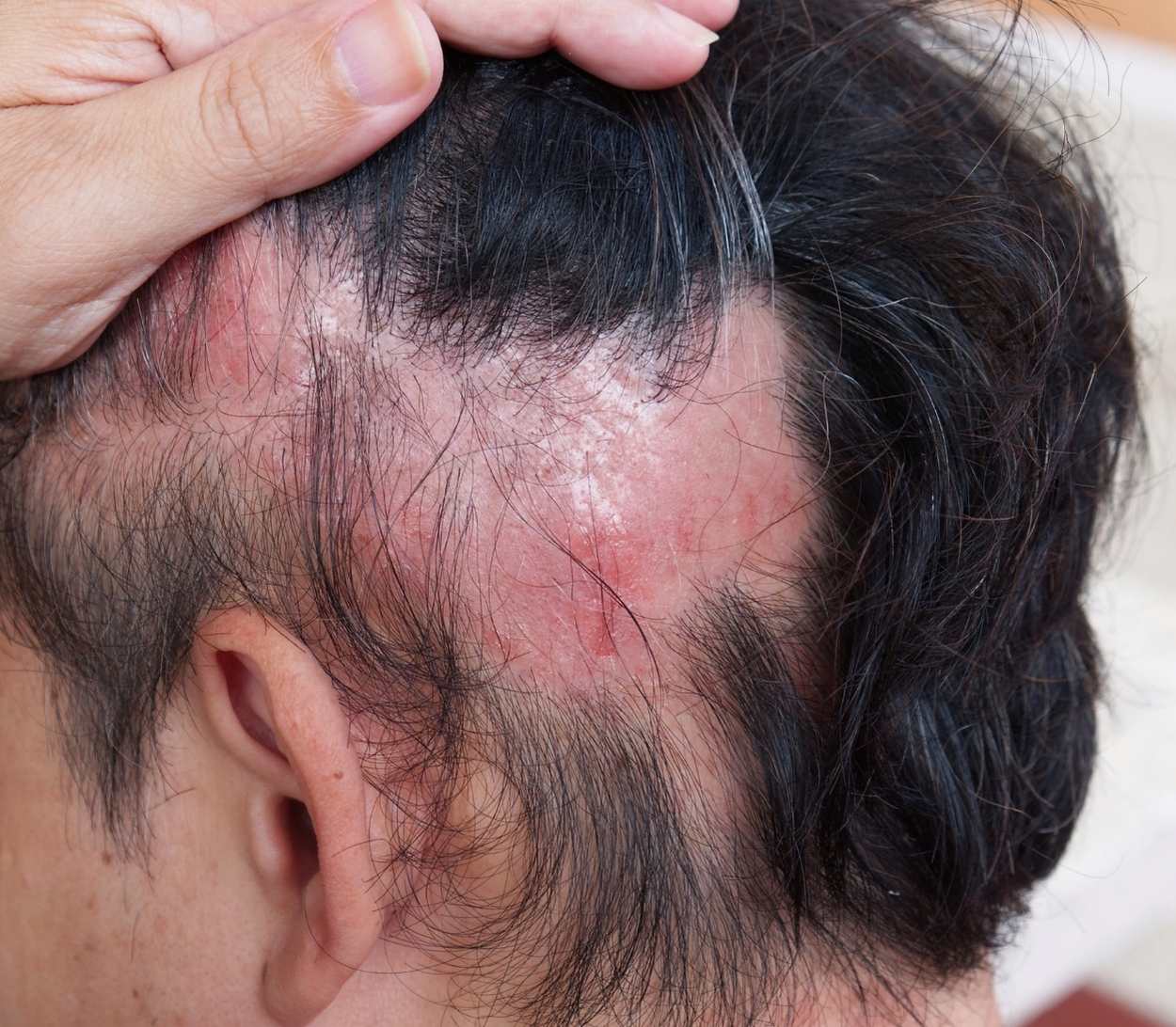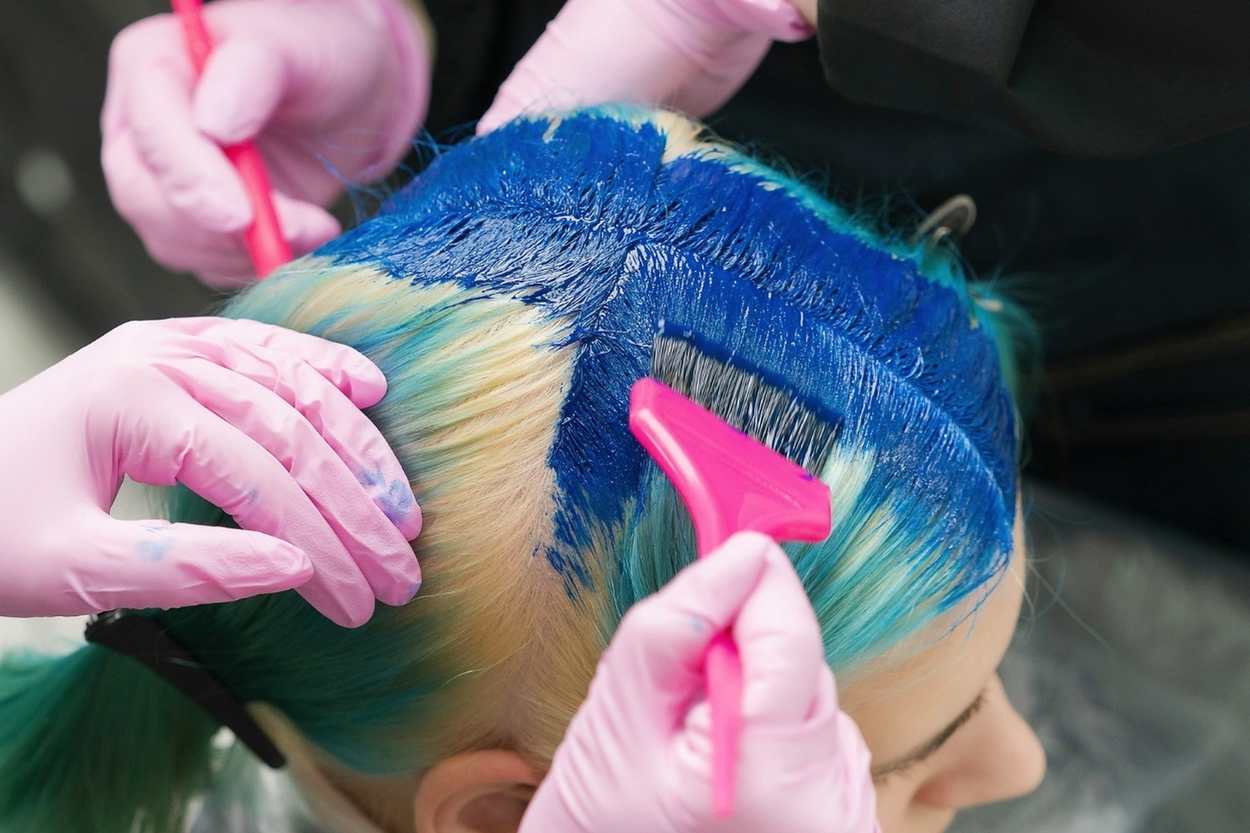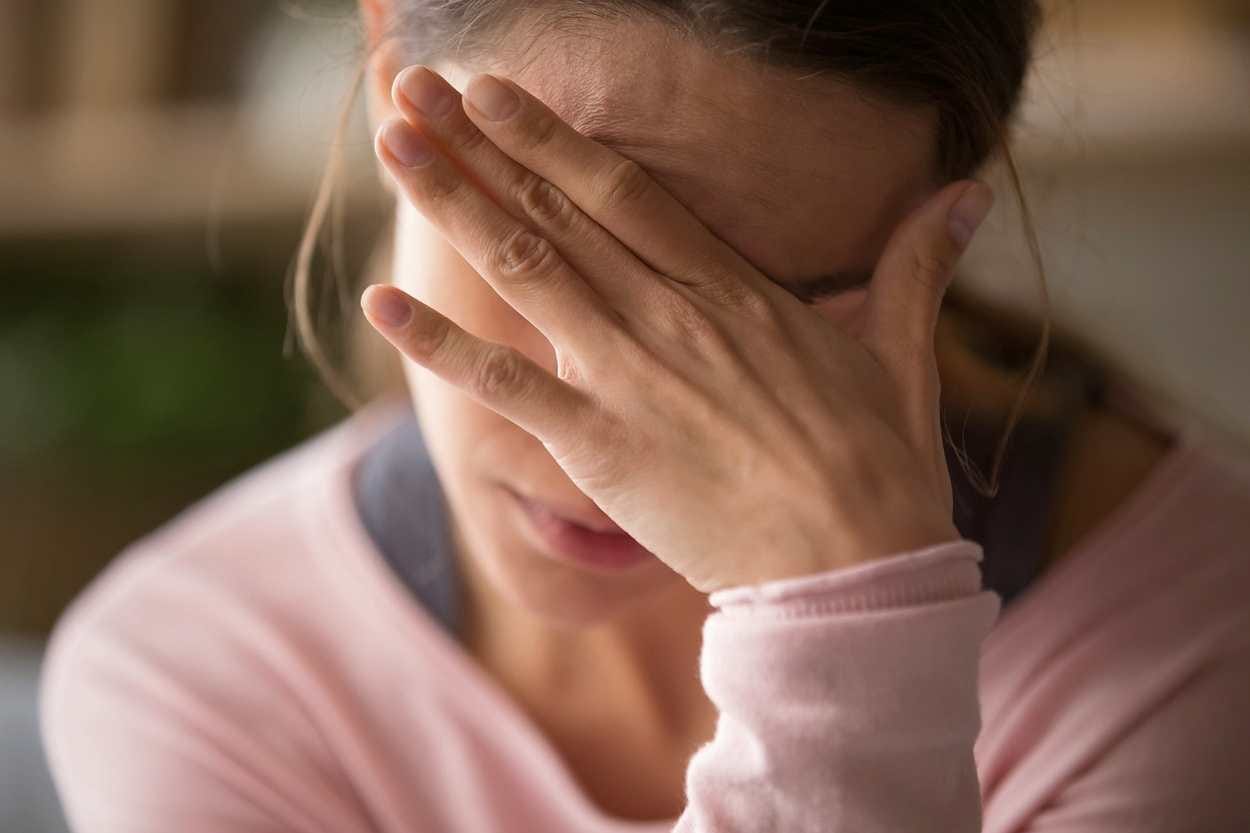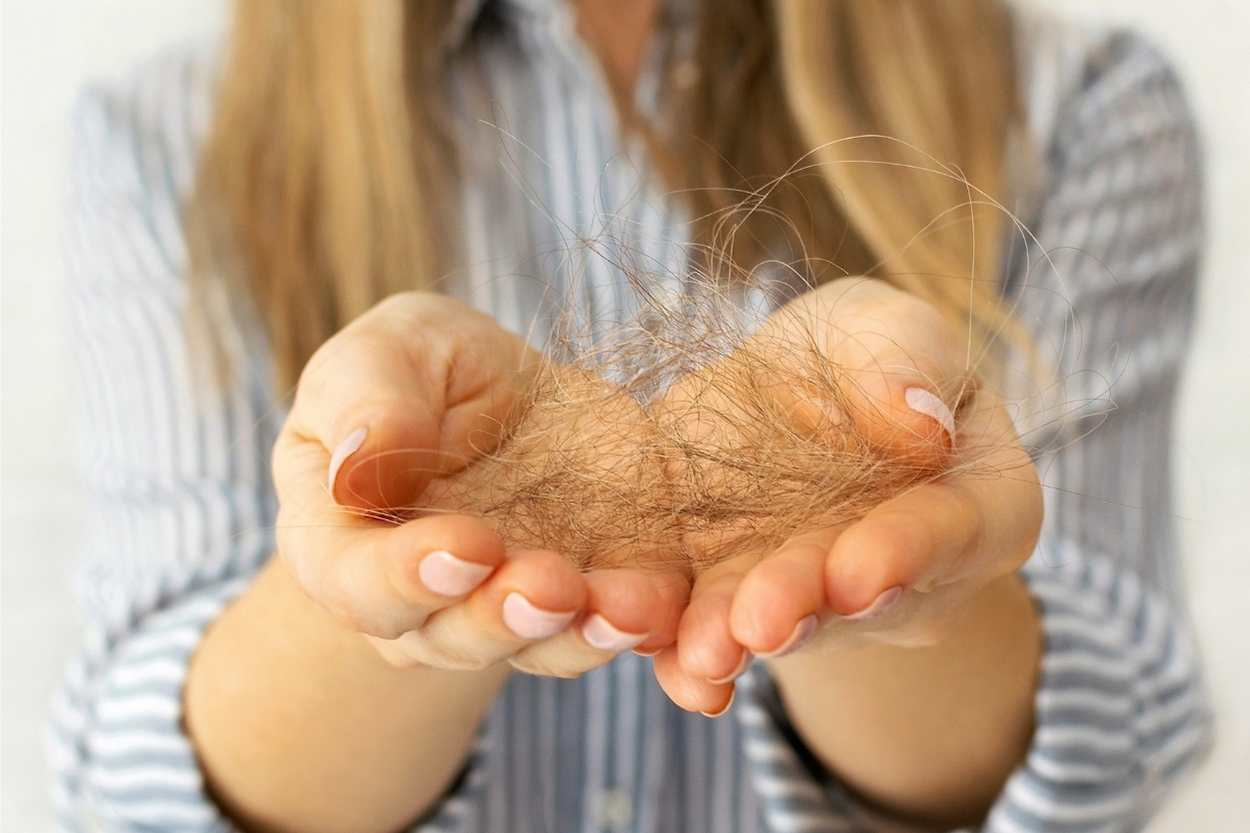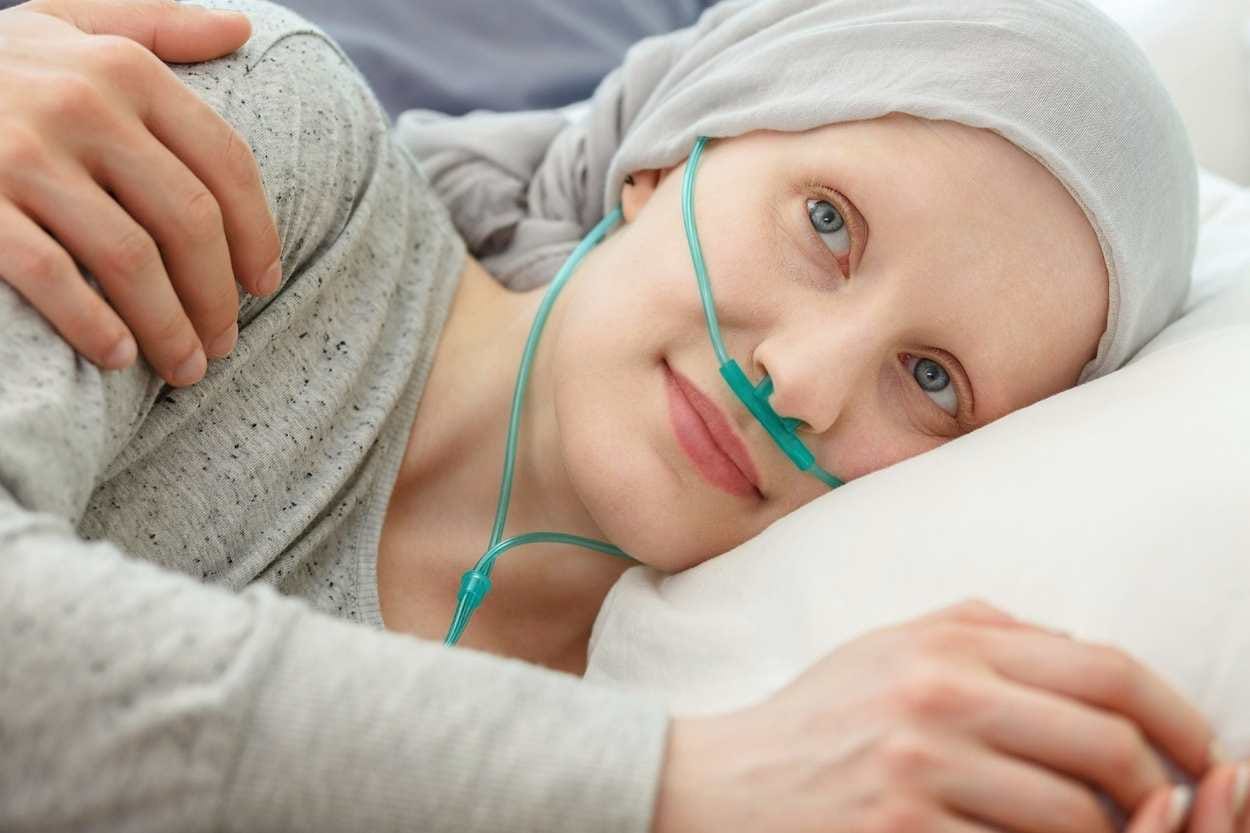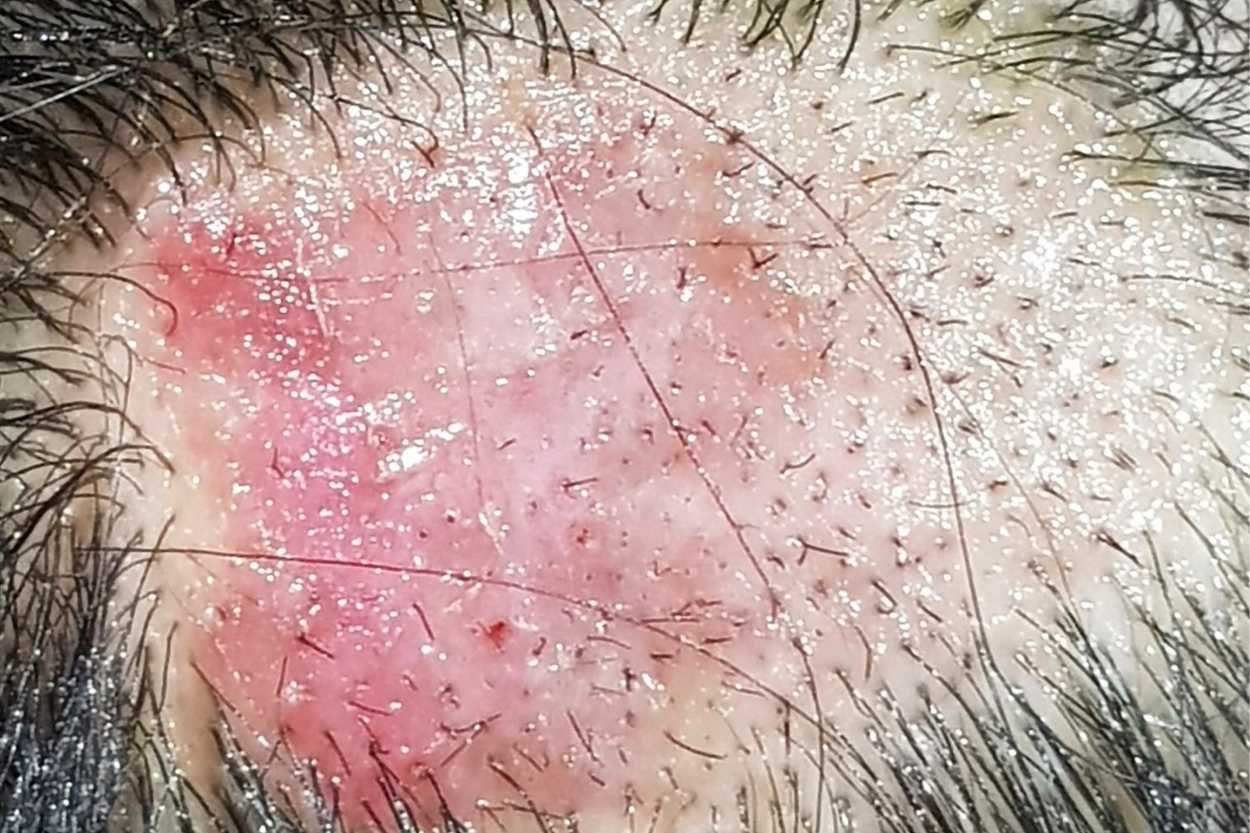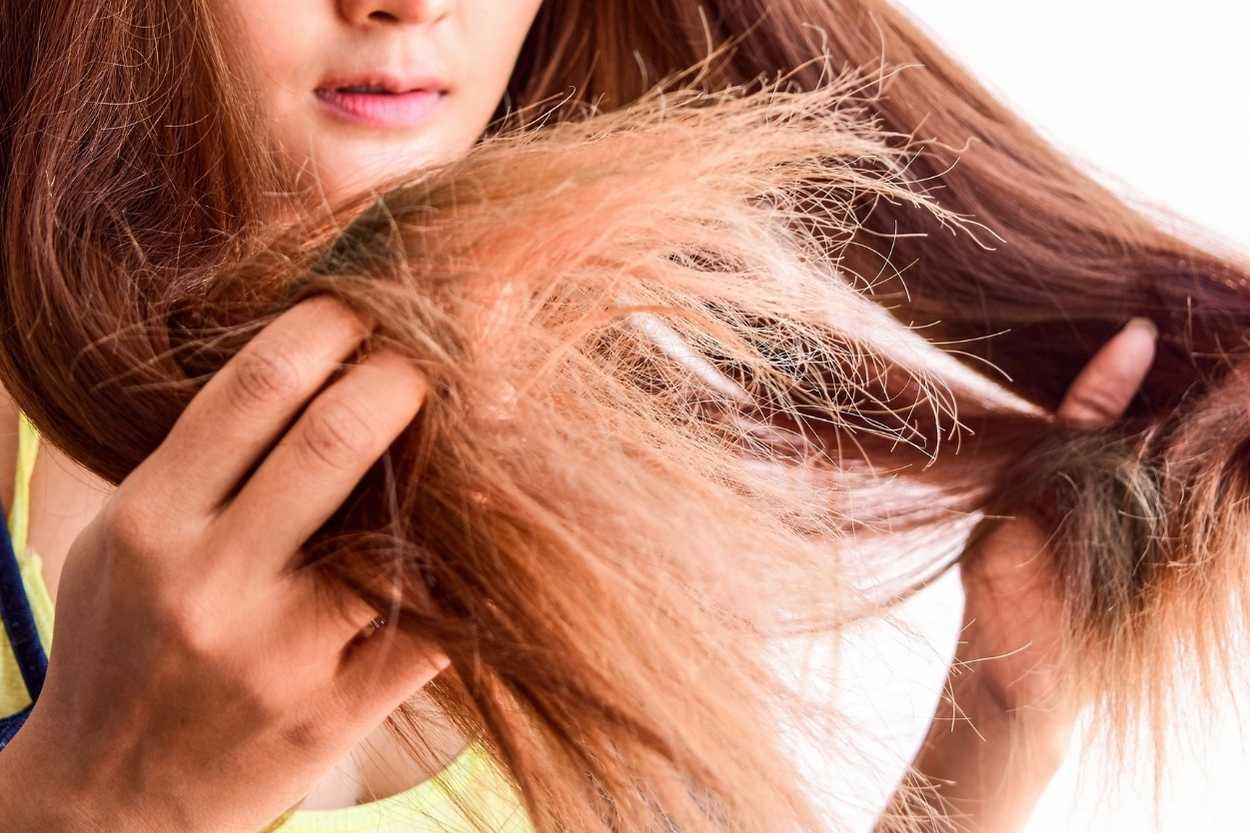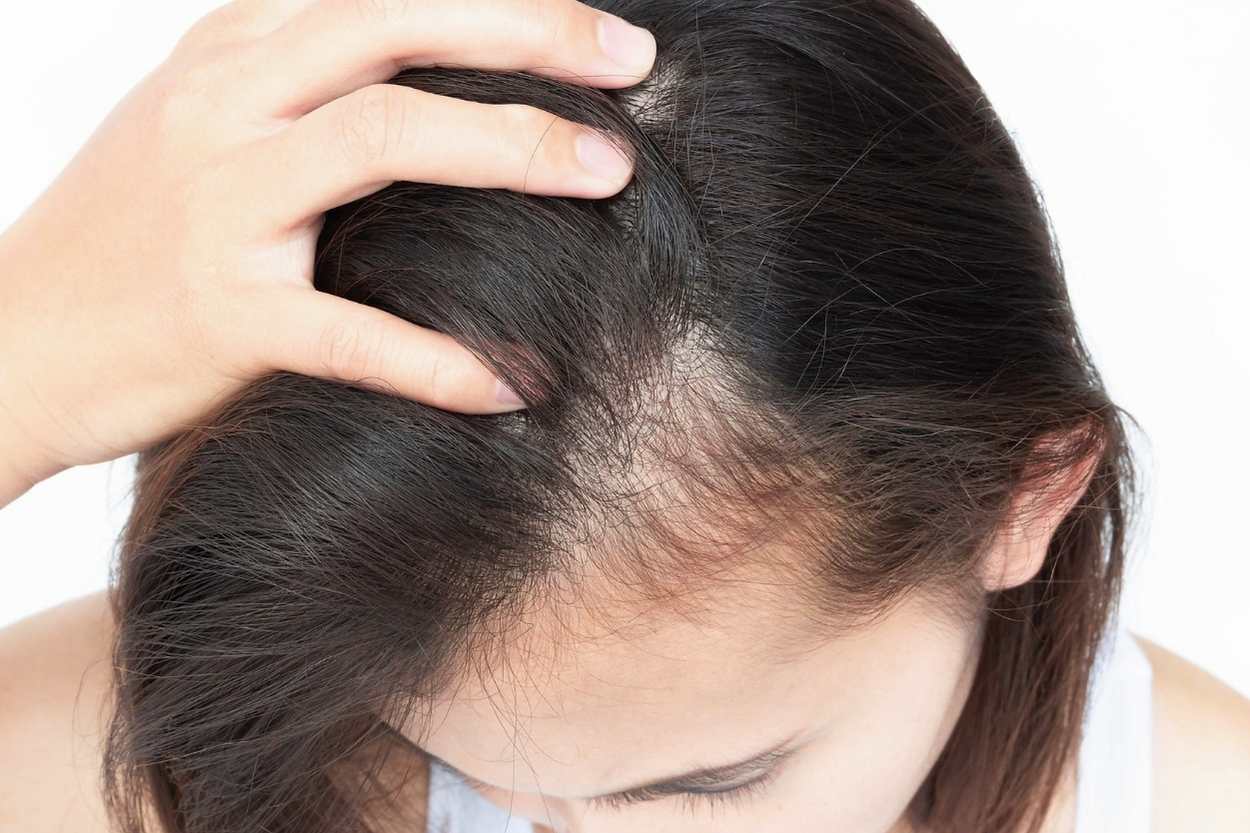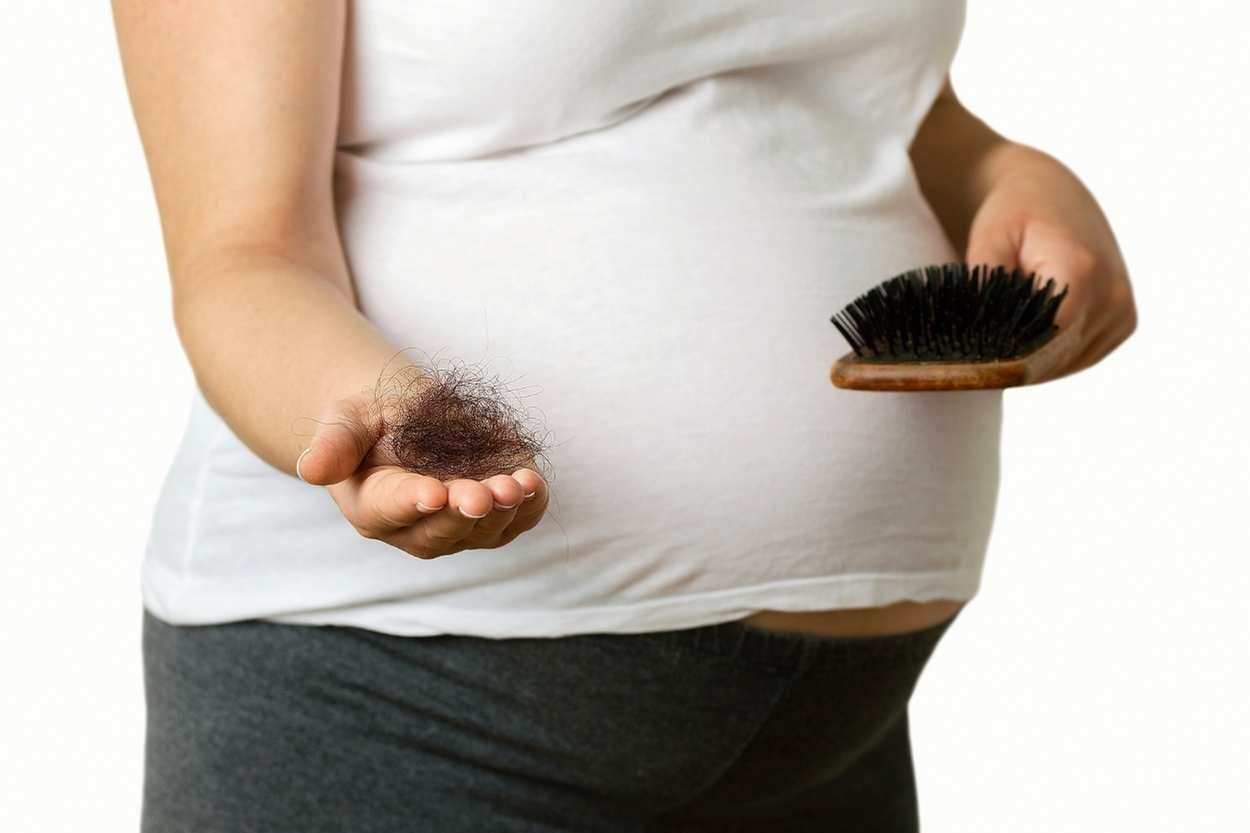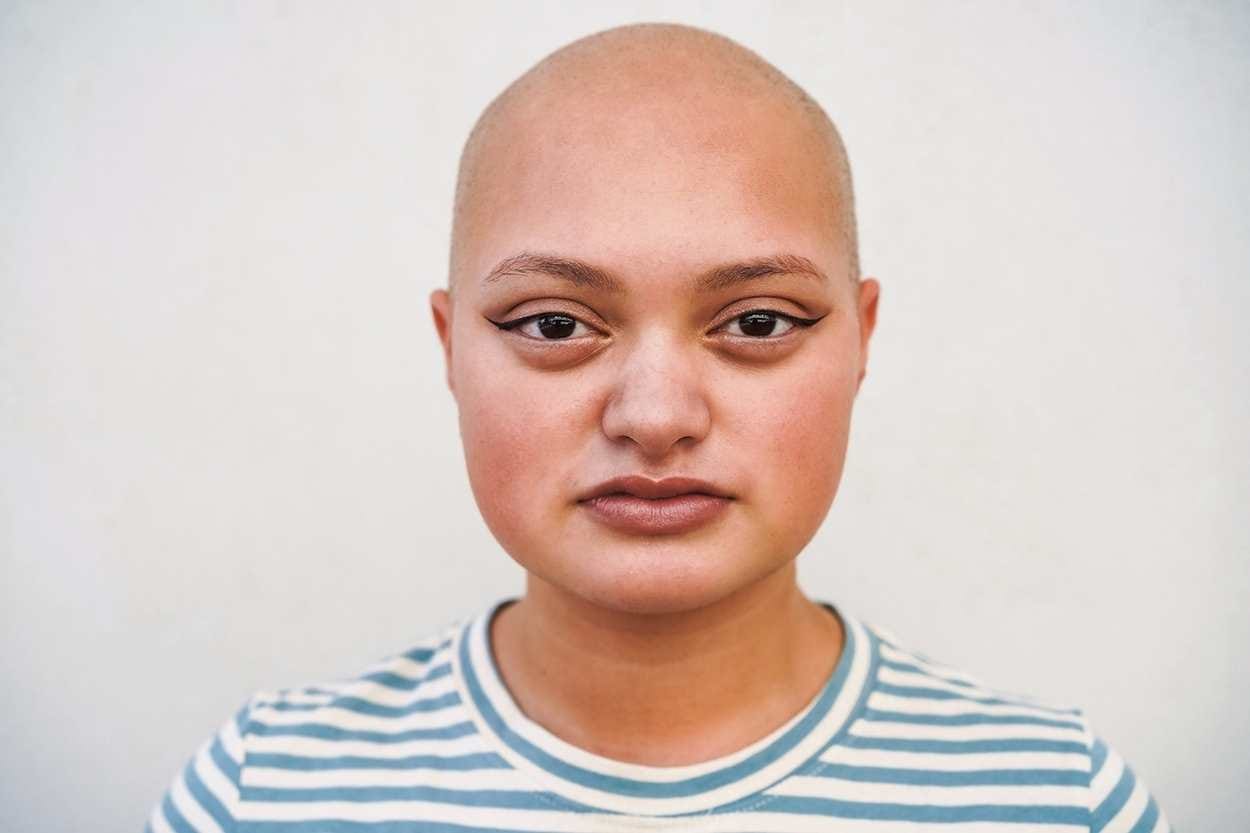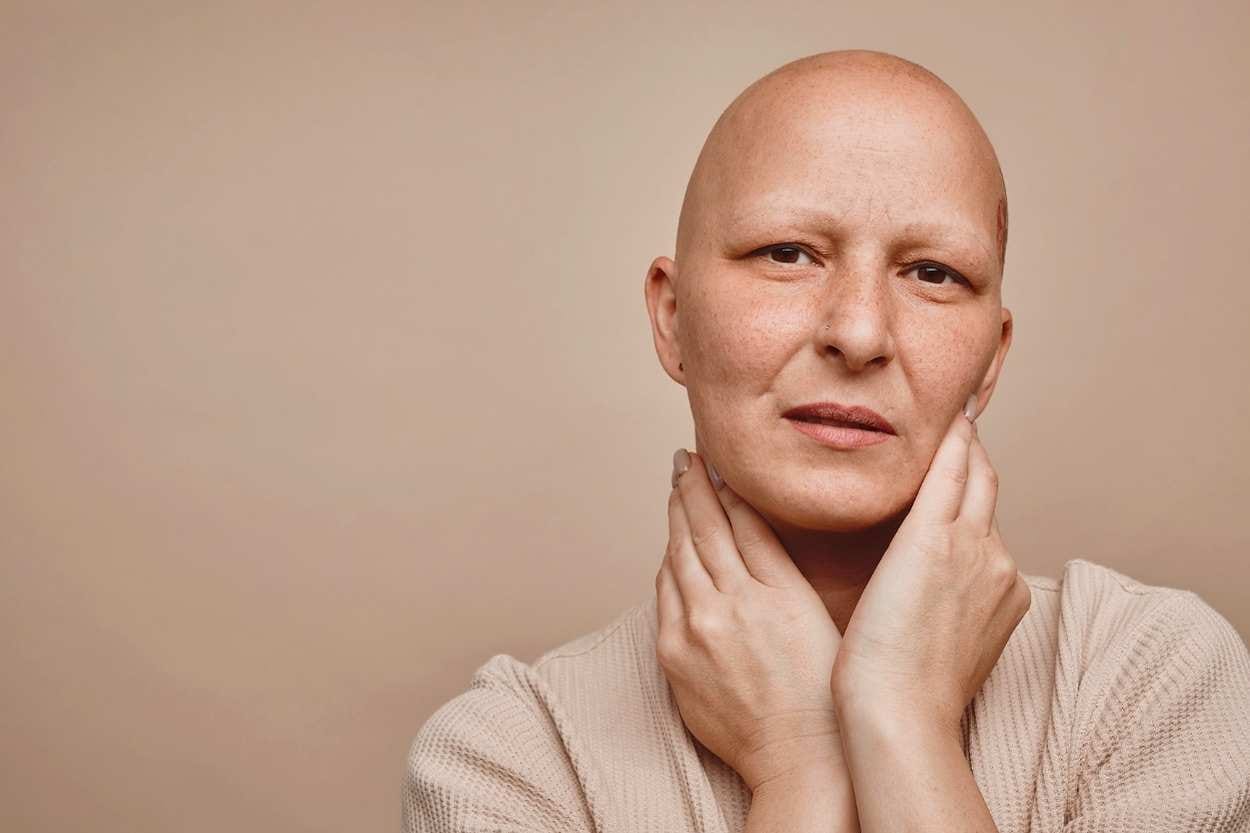Menopause results in a change of balance between the female sex hormone, oestrogen and the male sex hormones, the androgens, which are also present in low amounts in females.
During menopause there's a natural reduction in oestrogen and this change can lead to new hair loss; or, indeed, more severe hair loss for those previously affected by, for instance, androgenetic alopecia.
Hormones are vital in the hair growth cycle as they provide ‘signals’ to the cells informing them when to change function and when to move between the different phases of the hair growth cycle.
Changes in hormone concentrations within the body will therefore affect hair growth and consequently many women experience hair loss post-menopause.
If necessary, treatment is based around correcting the hormonal imbalance. Excessive levels of a certain hormone will require suppressive drugs and a shortage of a certain hormone will require replacement drugs.
In most cases, the hair should stabilise with time as hormone levels balance out although some women never quite get back "the hair they once had".
How we can help
If you're concerned, the first step is to ensure the condition is properly diagnosed by your doctor or consultant so that you can rule out any other potential causes of your hair loss.
From a cosmetic viewpoint, in most cases we can use carefully applied, super-light Mark Glenn Hair Extensions as a temporary measure to boost volume and/or length whilst your hair recovers.
Alternatively, where the loss is more substantial or thought to be long-term, our more advanced Kinsey System for female hair loss may be more appropriate.
We can advise accordingly during a free consultation at our London studio.

